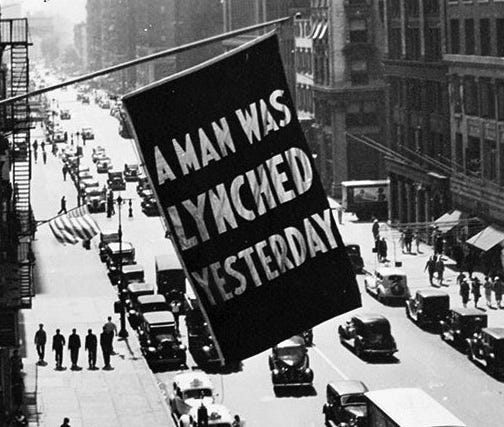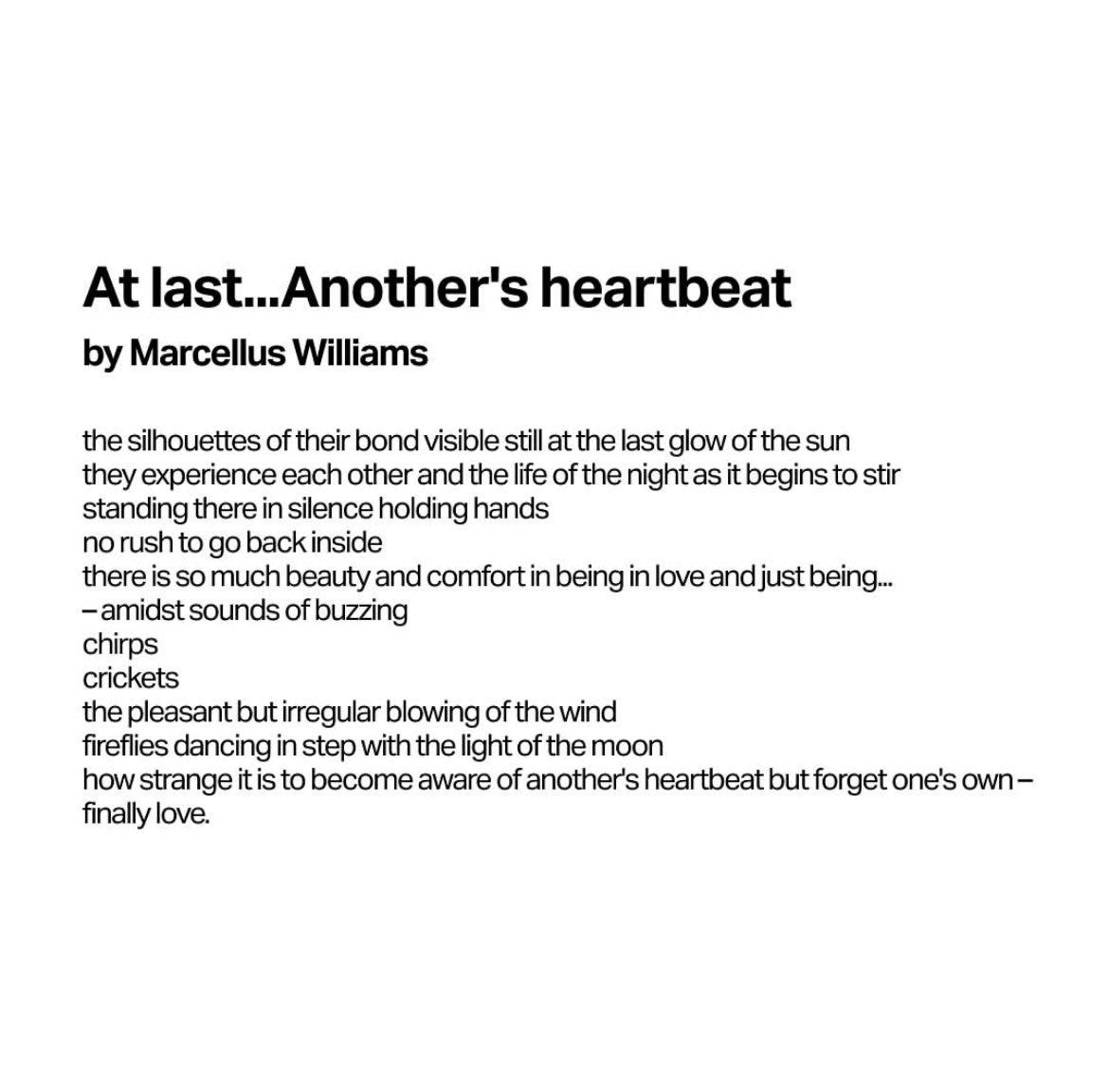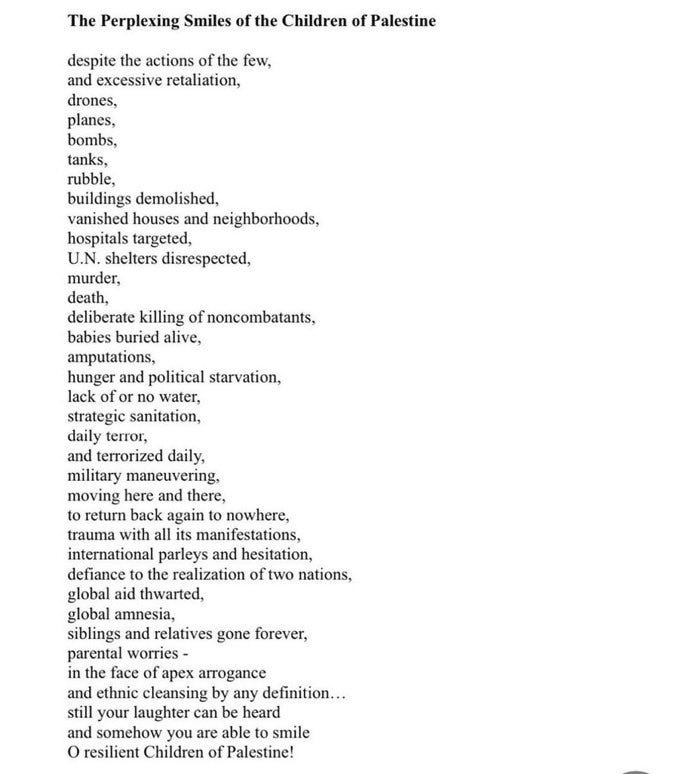A man was lynched last night
Honoring Marcellus Khaliifah Williams and building a world without state violence
Marcellus Khaliifah Williams was murdered last night by the state of Missouri, and by the United States of America. The Governor, the Attorney General, and the Supreme Court all could have taken steps to postpone or forever stay his execution, and each declined to do so. The three justices on the highest court in the country who did object were overruled by the six conservative members of a rigged and undemocratic body. Khaliifah himself was convicted in an unjust 1998 murder trial, where no forensic evidence linked him to the crime scene of the murder weapon. In the intervening years, local prosecutors have renounced his conviction, the victim’s family came out in opposition to his execution, and several jurors have also said they opposed his murder by the state.
And yet he was killed last night. Despite the botching of evidence, despite waves of protest and advocacy, despite every avenue of the legal system being pursued so that Marcellus Khaliifah Williams could live, he is no longer with us today.
Last night, Missouri lynched a man. Lynching is a form of violence in which a mob, under the pretext of administering justice without trial, executes a presumed offender. What was this execution but a lynching by the state, with an unruly mob replaced by politicians and officers of the state in suits, determined to enforce the order of white supremacy using their official capacity rather than pitchforks and torches. We’re told in countless ways that state violence, from policing to prisons to policy, is necessary to maintain order. But there is no cold, objective order; there is an order. A specific order, a hierarchy in which the ruling class maintains a monopoly on violence through the exercise of violence. The boardrooms and statehouses where this order is sorted and maintained might be cold, and callous, but the people ground down and snuffed out at the bottom are warm, living, vibrant breathing people. Until they are no more.
The radiant warmth of Marcellus Khaliifah Williams was shown deliberately to the world these past weeks, in a desperate cry from those who hoped an ounce of humanity would trickle down from above to save a life. His poetry was shared, displayed, lovingly showcased. As Alyxaundria Sanford writes, “Poetry was a lifeline.” After 24 years on death row Marcellus still wrote poetry, a second language to him born out of love. He wrote his first poem at 14, for a crush, much as I remember beginning to write poetry at 16 when my head spun with the complexities of love. In an article written about him in the spring Marcellus said, “If I felt that a poem would aid someone in looking at a traumatic, stressful or difficult situation in a different light from another perspective that could possibly be a step upon the path of healing, then I would write a poem for that person.” You can read some of his poetry in that piece, and you can also read one of his poems below:
It’s hard, impossible to fathom a heart staying so tender after a quarter century on death row. In describing him, his attorney Tricia Bushnell says, “He is a thoughtful man who has worked hard to move beyond the anger, frustration, and fear of wrongful execution, channeling his energy into his faith and finding meaning and connection through Islam. The world will be a worse place without him.” And I can’t help but think of his final words. At the very end he wrote, in his last statement, “All praise be to Allah in every situation!!!”
I want to say those are the words of a man who had found peace, but I don’t know. We cannot know. What we can know is that he was considered a spiritual advisor to other men locked up, we can know that his poetry contains a grace that few people attain, and we can know that he was loved. His son came to witness the execution, also displaying a strength and commitment few of us can know. Before the final moment came to pass his son gave an interview, saying, "I already put it in my body, that I would be witness to this execution. I'm going to stand firm, and show my dad he's not alone."
Now it’s our turn. For days and weeks before Khaliifah was executed by the state, people called, shared posts, and demanded an innocent man be spared. But the truth is that our work has just begun. In the midst of sorrow and rage piled atop sorrow and rage we must have clarity about stopping the state from killing. I want to wax poetic about the blend of anger and tears, but more than that I want to halt the machine that sends bombs to kill innocents overseas while it simultaneously kills innocents here at home.

First, to stop the slaughter we must know. We must know and understand that the killing of Khaliifah Williams was not the flailing of a broken system but the churning of a system working as designed. Yes, it was among the worst barbarisms of this system, but it was well within the norms and bounds of an oppressive structure designed to keep the boot on the neck of the masses while protecting the few, the powerful. Police killed more than 1,300 people in 2023, the highest number on record. Behind that number are over 1,200,000 people locked up, over $220 billion spent on police and prisons, and a legal system that claims justice but is in fact designed to deliver oppression, control, and the violent maintenance of a violent order.
Just as the murder of Khaliifah Williams was not the exception we might hope it to be, the murder of George Floyd was the system working as intended. So many of us responded with visceral horror in that moment, a horror that made some cry out in the hope that it was an aberration, but I am reminded of the words of my friend Jindu Obiofuma, who asked us to think about what we would have done if Floyd hadn’t died? What if he had been maimed? What if he had been locked up for years? Would we have protested, would we even know the name George Floyd? No. He would have been another Black man locked up, hurt, dehumanized, and the world would not have risen up in his name. The extremity of his murder does not make him an aberration, but rather the manifestation of the extreme violence of the system that normally hides itself in protocol and prisons.
So first we must know, we must know that Khaliifah being killed by the State of Missouri is the system working as intended, and it is just the barest tip of the iceberg that is incarceration, state violence, and the vicious enforcement of the status quo. Once we know we can act accordingly. We can devote ourselves not just to pleading, not just to asking the state to stay murders it should never be committing, but also to ending the death penalty, to the abolition of state violence, and to the creation of a world where these killings are unfathomable. Yes, that requires an end to the carceral system as we know it, but as Ruth Wilson Gilmore says, “Abolition isn’t just absence… Abolition is a fleshly and material presence of social life lived differently.”
To create the material presence of social life lived differently is a topic about which entire books can and have been written. In this short space I will just say: the ways we relate to one another aren’t just based on if I like you, or if you like me – they are based on the contours of the world we live in. If this society builds bigger prisons, more prisons, we will fill them. If we instead build more and better community centers, we will fill those too. If we create bigger, more welcoming and exciting and free public universities, those too will swell with students. We must embed the social life we want for this society into the built environment. That takes investment, it takes organizing, and it takes power.
It also takes the shifting of hearts and minds. The material is not separate from the ideological. And right now, in a moment where the ruling class wants more police, more money for violence, where the state of South Carolina has brought back the firing squad, where the Democratic Party has taken death penalty abolition off of its platform, where Missouri just murdered an innocent man, we need ideologies and practices of life. We need to believe in human flourishing and we need to feed the hungry. We need to oppose genocide and we need to defund the weapons manufacturers. We need faith, we need practice, and we need power.
Marcellus Khaliifah Williams knew the fundamental flaws of our system as well as anyone, knew the need for radical change as well as anyone. Even as he stared down his state execution he thought of solidarity, he thought of the violence inflicted upon others and of the humanity of the oppressed around the world. We know this because of his beautiful writing. He wrote poetry for Palestine this past year, thinking of the people facing genocide even as he faced his death. I’ll leave you with his poem for Gaza, and with resources and organizations to plug into in order to work towards a world where the state murders no one, neither in the streets nor through lethal injection nor through policy that kills on the biggest scale:
For Marcellus Khaliifah Williams, for the children of Palestine, for the lives lost and the countless lives that can be saved, we must change this world. For ourselves, for our children, for the world yet to be born, we must change the order of scoiety. Our outrage, our tears, our focus must be directed not just toward raising awareness, not just toward another outcry, we must guide ourselves deliberately towards the building and exercising of power so that we are able to counteract this state and build something radically different: systems of justice and systems of care. I hope you’ll tread this road with the millions of others who dare to image a fair and peaceful world.
Ways to learn and take action:
The Innocence Project: https://innocenceproject.org/
Dream Defenders: https://www.dreamdefenders.org/
Critical Resistance: https://criticalresistance.org/
Interrupting Criminalization: https://www.interruptingcriminalization.com/
Stop Cop City NYC: LINK
And find local organization and local fights. The struggle to stop the construction of prisons, to dismantle the school to prison pipeline, to build a world without police is already occuring in nearly every city and state in the U.S., and in places around the world. Plug in, and join the ranks of those working towards a world without state violence.






Thank you for this wonderful post, Josh. Last night’s murder says all one needs to know about this racist, heartless, hateful society. Thanks for honoring the man!
We can create new. We must. For Marcellus Kaliifah Williams, George Floyd, the children of Palestine, of Lebanon, for the lynched with names we do not know, for the Native Americans … how long this list could be. How long will it be allowed? Thank you Josh.